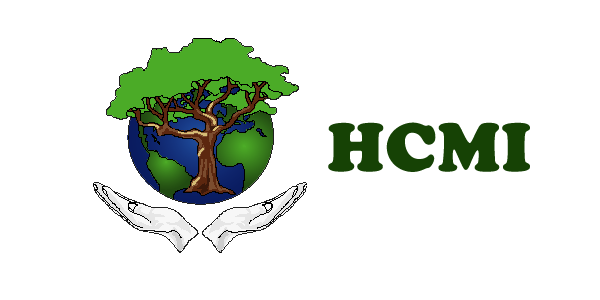Kidney Support Remedy
 Your kidneys (also called the Renal glands) are two bean-shaped organs, each about the size of your fist. They are located in the middle of your back, just below your rib cage, on either side of your spine. Although the kidneys are small organs by weight, they process about 200 quarts of blood to sift out about 2 quarts of waste products (urea, ammonia, drugs, toxic substances) and extra water. Each kidney contains more than one million little filtering units called nephrons. Your kidneys (nephrons) receive the blood from the renal artery, process it, return the processed blood to the body through the renal vein and remove the wastes and other unwanted substances in the urine. Urine flows from the kidneys through the ureters to the bladder.
Your kidneys (also called the Renal glands) are two bean-shaped organs, each about the size of your fist. They are located in the middle of your back, just below your rib cage, on either side of your spine. Although the kidneys are small organs by weight, they process about 200 quarts of blood to sift out about 2 quarts of waste products (urea, ammonia, drugs, toxic substances) and extra water. Each kidney contains more than one million little filtering units called nephrons. Your kidneys (nephrons) receive the blood from the renal artery, process it, return the processed blood to the body through the renal vein and remove the wastes and other unwanted substances in the urine. Urine flows from the kidneys through the ureters to the bladder.
After the body has taken what it needs from food, wastes are sent to the blood. If the kidneys did not remove them, these wastes would build up in the blood and damage the body. At first, the tubules receive a combination of waste materials and chemicals the body can still use. The kidneys measure out chemicals like sodium, phosphorus, calcium, chloride and potassium and release them back to the blood to return to the body. This is how the kidneys regulate the body's level of these substances. The right balance is necessary for life.
The Kidneys also keep the acid/base concentration of your blood constant, they help regulate your blood pressure, stimulate the making of red blood cells and maintain your body's calcium levels.
In addition to removing waste, the kidneys release three important hormones:
- Erythropoietin stimulates the bone marrow to make red blood cells.
- Renin regulates blood pressure.
- Calcitriol, the active form of vitamin D, helps maintain calcium.
Serious health problems occur when people have less than 25 percent of their kidney function. When kidney function drops below 10 to 15 percent, a person needs some form of renal replacement therapy-either blood-cleansing treatments called dialysis or a kidney transplant to sustain life.
There are at least six warning signs that may indicate kidney disease:
- Burning or difficulty during urination
- An increase in the frequency of urination
- Passage of blood in the urine
- Puffiness around the eyes, swelling of the hands and feet
- Pain in the small of the back just below the ribs
- High blood pressure
Fun Facts
- The kidneys have a higher blood flow than even the brain, liver or heart.
- Placed end to end, the nephrons of one kidney would stretch about 5 miles.
- Half of one kidney could do the work that two kidneys usually do.
Health Conditions
- Hereditary kidney condition includes polycystic kidney disease, Alport's syndrome, hereditary nephritis, primary hyperoxaluria and cystinuria.
- Congenital Disease usually involves some malformation of the genitourinary tract, usually leading to some type of obstruction which subsequently produces infection and/or destruction of kidney tissue. The destruction can eventually progress to chronic kidney failure.
- Nephritis, or glomerulonephritis means inflammation of the kidney.
- Kidney Stones are very common, and when they pass, the pain can be extremely severe in the sides of your abdomen and back.
- Nephrotic Syndrome refers to a large protein loss in the urine.
- Hypertension is chronically elevated or High Blood Pressure.
- Diabetes and uncontrolled blood glucose levels can lead to kidney failure.
Suggestions To Strengthen
- Eat less animal protein.
- Drink more water, and/or eat lots of watermelon, it helps flush the kidney.
- The emotion connected to the kidneys is fear so overcome some of your fears. Begin to confront them instead of running from them.
- Keep the liver clean and healthy.
